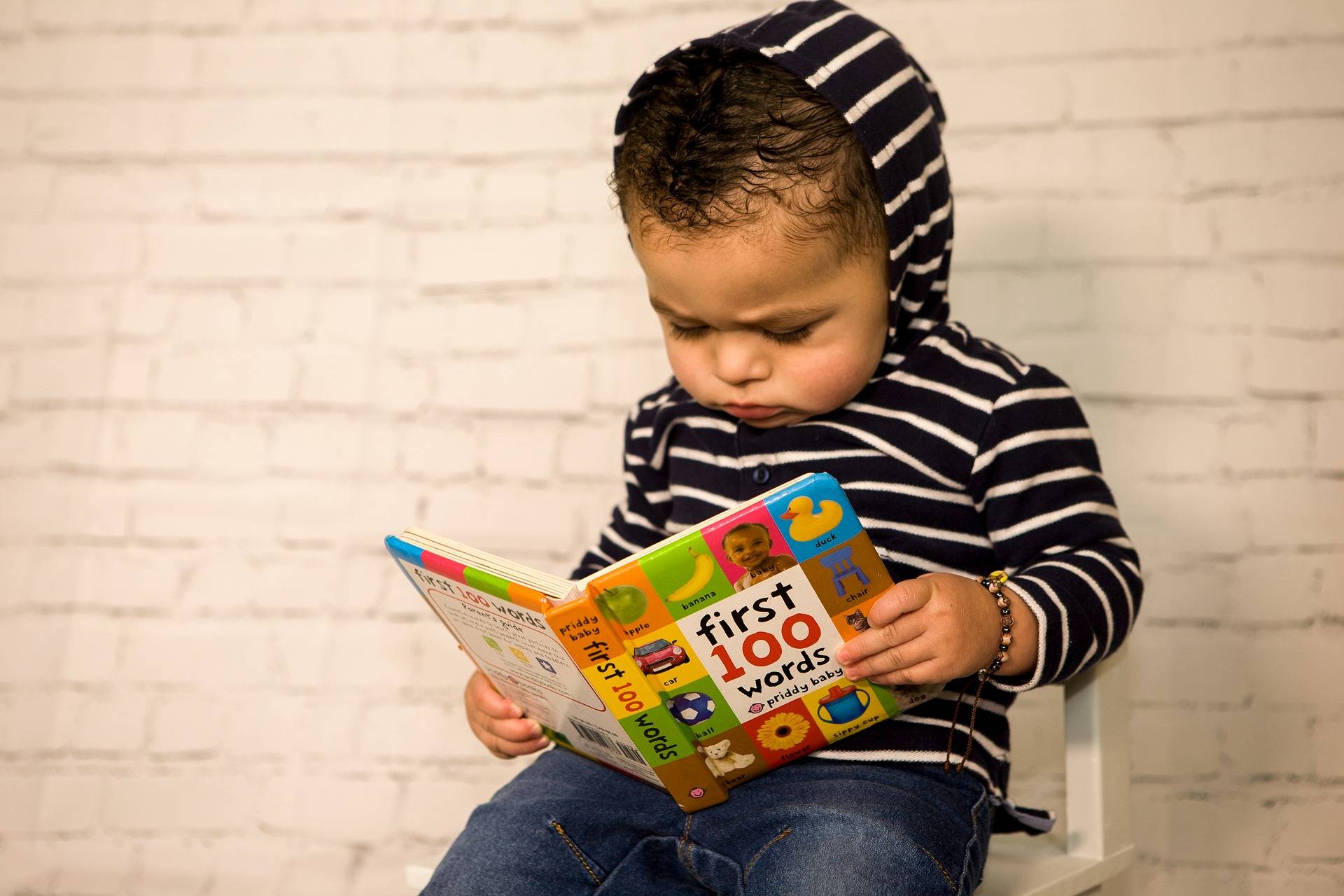 From the moment your baby is born, they begin to learn and adapt to a new life outside the comfort and safety of the womb. The changes are gradual and take years. They develop speech, cognition, and intellect from newborn through infancy and then preschools and school age. Yet, these aren’t necessarily guaranteed to come easy to every child. Nevertheless, there are some essential things for your baby’s early development stages that you can provide as a caregiver.
From the moment your baby is born, they begin to learn and adapt to a new life outside the comfort and safety of the womb. The changes are gradual and take years. They develop speech, cognition, and intellect from newborn through infancy and then preschools and school age. Yet, these aren’t necessarily guaranteed to come easy to every child. Nevertheless, there are some essential things for your baby’s early development stages that you can provide as a caregiver.
Daily Routine
Like adults, babies recognize the importance of routine, although on a much more subtle level of consciousness. Each day, every interaction and experience helps the cerebral development of your child. As new neurological pathways are formed, the baby begins to adapt to routines. Such examples include knowing when you will feed them, their nap time, and the times you typically play with them. While babies do not explicitly see the time of day, they begin to instinctively recognize cues to predict an event. Positive predictions help them feel safe and secure.
Stimulating Activities
The brain of a baby is nothing short of remarkable. A typical newborn emerges from the womb with over 100 billion active neurons. That’s double the amount of an adult. At the same time, babies are also hypersensitive to stimuli such as light and sounds. This heightened sensitivity and high amount of neuronal activity mean the first three months of a baby’s life is an excellent time for them to absorb the world around them. In addition, moving colors and gentle sounds help with cerebral development in the crucial early stages of a new life.
Vitamins and Minerals
Further to external stimuli, what you feed your baby and children is vital to their entire well-being. Nourishment of the brain and body comes from the vitamins and minerals found in food and drink. This primarily comes from breast milk, which contains all the nutrition a baby needs for a newborn child and baby. However, you might not be able to breastfeed for various reasons. In this case, the high-quality formula is best. For toddlers, a vitamin and mineral-rich diet are essential. Fruits, vegetables, beans, pulses, grains, and milk and dairy are recommended.
Talking and Reading
While a newborn cannot speak, it is never too early to begin the process. By talking and reading to your child early on, you can develop literacy straight from birth. For instance, you can help build brain development through interaction with your baby. When they babble or point at something, respond with words of encouragement and explanation. It is also helpful if you continually speak to your baby. For instance, when you change a diaper, tell them you are doing so, why you are singing it, and the items you use.
Imagery Association
Further to talking and reading, you can help your baby make sense of the world around them with imagery association. Much like the subconscious, a baby’s early cerebrum recognizes images and symbols rather than complex languages and word forms. As they get older, they develop the ability to communicate linguistically, yet images are their language as a child. Baby books with images and sounds are excellent for this. For example, there is a basic image of a cow and an audible “moo” when the cow is pressed. Therefore, the sound, image, and the word cow are associated with your child.
